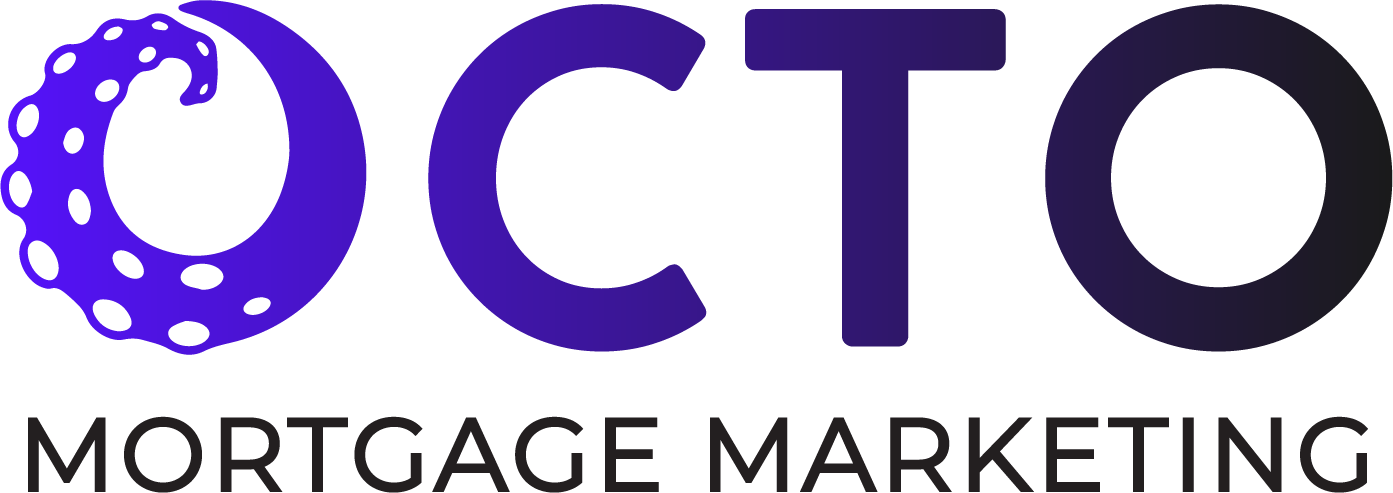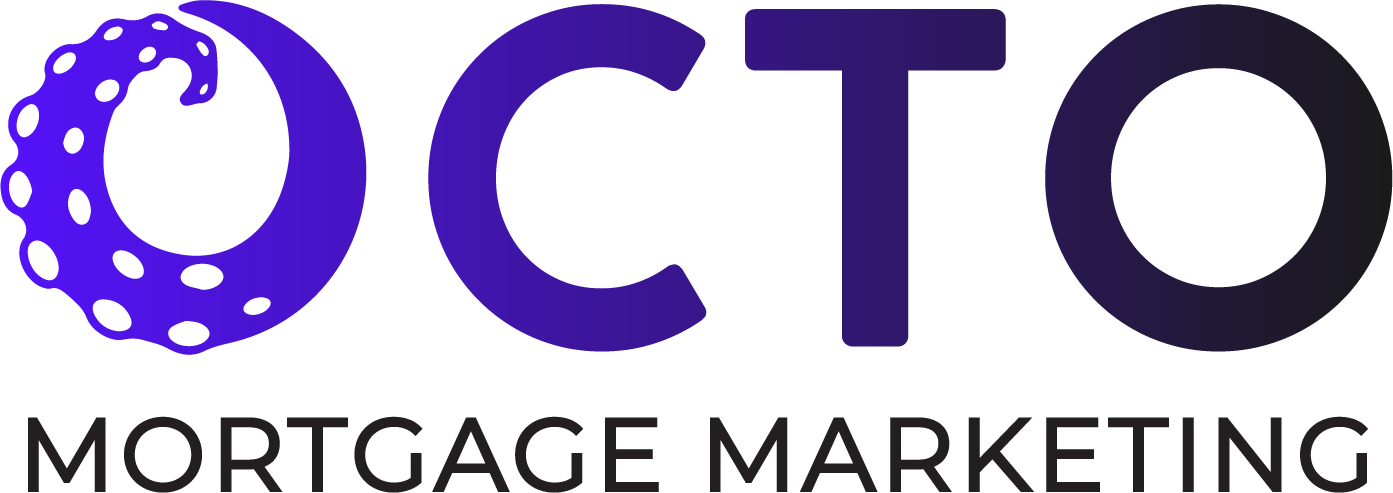Over the past 12 years of building inside CRMs, our team at Octo Strategies has heard about 1,000 times that it doesn’t matter what CRM one chooses. That’s because we could build logic or behavior into nearly any system. We used to call ourselves “CRM agnostic,” but that has changed over the past year.
CRMs have their strong and weak points, and Octo Strategies has evaluated and documented almost all of them to some degree. We have been “shopping” for the right platform since 2020 when we decided to close Motivator. Mortgage execs tend to ask for the cost per seat (and the egregious amount CRM companies charge for integration), but after months of waiting, they find out the platform doesn’t have the support or training the LOs need to make it successful. If the mortgage company doesn’t provide those functions, they end up paying for a system that no one uses. And then that’s blamed on the “tech not working.”
We don’t ask “mortgage questions” when we talk to CRM companies and strongly recommend that everyone start asking the right questions when they vet CRMs (or any mortgage technology) from today forward:
1. How long have you been in business? What’s the story of how this CRM was created? Who are the architects, and where do they see the future of the mortgage industry? If the CRM company doesn’t have answers to these questions, it’s not the right fit.
2. What is the one aspect of your system that defines your uniqueness from another platform?
3. Do you have accounts for LOs, LOAs, processors, CSMs, and management so they can access and collaborate on files together? At a minimum, you are looking for these account types – as well as a built-in feature to listen to calls and take notes that are sent to the file, and for the team to have accountability for the file via workflows or checklists.
4. What reporting makes sense to the company? If you are looking for an enterprise solution, enterprise reporting should give you stats that start with the LO and roll up to the branch manager and the C-suite. That’s important not only for the accuracy of running a scalable business but also for the DATA that is there. Want to know how many times a branch paid for credit pulls? Data. Want to know how to scale a processing department? Reporting should show you when it’s time to hire. Does an LO need to coach up on conversions? Pull the metrics. The fact that this industry does not calculate speed to lead, cost per application, and cost per closing and then calculate the future opportunities of the lead post-close is mind-blowing.
5. How does the system determine the quality of purchased leads, how does it kick back unqualified leads so you don’t pay for them, and how are the hottest leads differentiated? When we invest in lead buying again, metrics should be based on data that allows the CRM to deliver the best leads to be ingested. The CRM should then start automated reach out and ensure that if action is not taken, someone else on the team gets to that lead.
6. What data intelligence is native to the platform or integrated at a very high level? Start running in the other direction if the words “on the roadmap” are said. Zapier should also not be the answer.
7. Who are three of your best customers, and do you have successful use cases that we could review? We are tired of everyone saying they hate or love a CRM. Show us evidence that the product has revolutionized a company or a branch.
8. What data is currently baked into the system, and how easily are those tools used or restricted?
9. How easy is the system to use, especially features like email builder, text interface, native video integration, and workflow management? We don’t think anyone should be in a CRM that isn’t easy for most human beings to use.
10. How forward-thinking is the CRM company regarding compliance and the ability to shift when things inevitably change? If you don’t know what happened when the iOS update came out, or that TCPA laws changed this past summer, or about ALL the compliance changes that are about to roll out related to chat and dialers—not to mention that the fact that bascially no one in the industry had their customers sign any marketing consent forms—future marketing efforts are going to be tricky. What is the approach to DNC lists? It will be a bumpy road chasing down the CRM company for answers to these types of changes when they become laws.
11. How can the future marketing department use the platform to run a small, talented team? The CMO should be able to have all printed materials and digital assets housed in the platform for easy personalization, leading to FAR less strain on the marketing team. If done correctly, even a large mortgage company should be able to employ 60% fewer people to do the “tasks” of marketing and instead offer agency-style support of the sales team. (Don’t even get us started on the CMOs ability to protect the brand's integrity and easily make compliance changes.)
12. How does the CRM support its users? Is there an in-app support team and learning center? Is there a resource library with quick videos to break down tasks? What is the expected amount of time on support tickets?
13. What does onboarding look like? How long does it take? How are people set up for success on day one? Ask to be put on their onboarding campaign.
14. How will they handle the data migration to the new system? Is this going to be an easy task for each LO? Will the CRM company assist? What is the plan if the migration needs to be fixed?
15. What does “customer success” look like? What are the metrics (usage, sign-on, etc.)? What should the mortgage company look for in terms of ROI?
More than anything, at Octo Strategies, we advocate for mortgage companies to start taking seriously the idea of which CRM is right for your business. Some mortgage companies juggle seven systems with no unified approach, squandering the time of the technology and marketing departments. But we must elevate the conversation from “Which CRM is a good one?” to “How do we make the best fiscal decisions when it comes to our technology buying and support?” and “How do we create and curate data moving forward that will allow our company to thrive in any market?”


